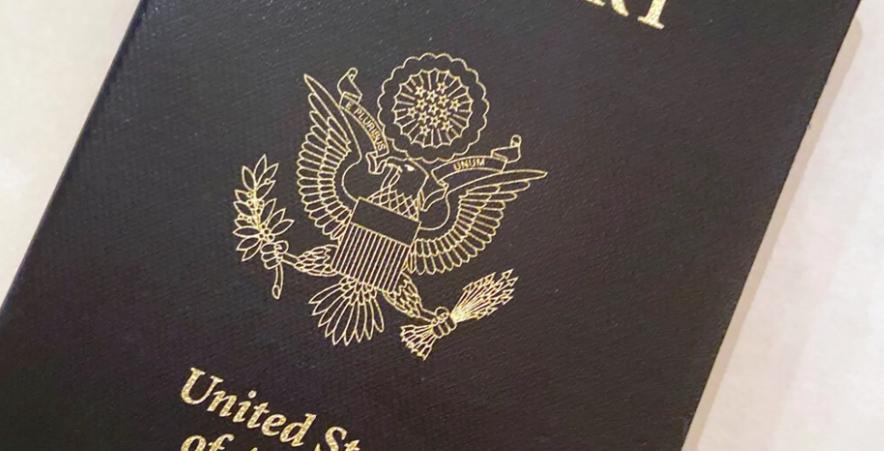On the 27th local time, the U.S. Department of State issued the first passport marked with x, that is, the passport holder did not define his gender as male or female according to the custom. This is a milestone in the recognition of the pursuit of rights and interests by people not defined as men or women. Meanwhile, the State Department said it expects to begin widespread use of the gender option in early 2022.

"The Department of State will continue to update its policy on gender labeling on U.S. passports and consular reports of birth abroad (CRBAs) to better serve all U.S. citizens, regardless of their gender status," press secretary NED Price said in a statement.
Price added that the issuance of the passport is intended to demonstrate the State Department's commitment to promoting freedom, dignity and equality for all people – including the LGBTQ community.
The lgbtq community is collectively referred to as lesbian, gay, bisexual, transgender, queer, or questioning of gender identity, and intersex whose biological sex does not conform to the typical binary concept of non-male-female. They are often discriminated against in society and are considered marginalized.
The move was first announced by U.S. Secretary of State Antony Blinken in June, when he said the State Department was adding a third gender labeling option for non-binary, bisexual and gender irregulars, allowing applicants to choose their passport gender labels. If the gender notation of the applicant's own choice does not match the gender listed on other official identity documents, medical certificates will no longer be required.
The State Department did not specify the identity of the passport recipient, but Dana zzyym, an intersex activist from Fort Collins, Colorado, told reporters in a telephone interview that he or she received the passport.
Court documents show that Dana was born with unclear physical gender characteristics and that he or she underwent several surgeries when he grew up, but this failed to make Dana look entirely male. He or she had served in the Navy as a male, but later while studying and working at Colorado State University, he or she realized he or she was intersex.
Since 2015, Dana has been through litigation seeking the option to add a neutral person's name to the passport.
In the early morning of the 27th, Dana received a text message from his (her) lawyer Paul Castillo and learned this exciting news. After that, he or she got his/her passport marked with his gender as x. It was a historic moment for him.
Dana said he or she was excited to get this passport. But his or her ultimate goal is to help the next generation of intersex people win recognition as full citizens with rights, not just passport proof.
"I'm not a problem, I'm a real person. I have the words "Never Give Up" tattooed on my arm, which reminds me to accomplish this life goal. Dana said.
At present, there are more than a dozen countries in the world that allow third gender selection, such as Canada, Australia, New Zealand, etc., and the issuance of the first gender-marked x passport in the United States means that it has officially joined this camp.
In fact, transgender activists have long said that having inaccurate ID documents can lead to harassment and discrimination against LGBTQ people.
"Intersex, non-binary, and transgender people need id documents that accurately reflect their gender," said Mary Emily O'Hara of Glaad, the world's largest lesbian, gay, bisexual, transgender and queer (LGBTQ) media advocacy group.
Jessica Stern, the U.S. LGBTQ special envoy for rights, also said the decision aligned the government document with the reality that the scope of human sexual characteristics is broader than that reflected by designated men and women.
"When a person gets an identity document that reflects their true gender, they live with more dignity and respect," Stern said.
Wuhan Morning Post intern Zhang Jiao